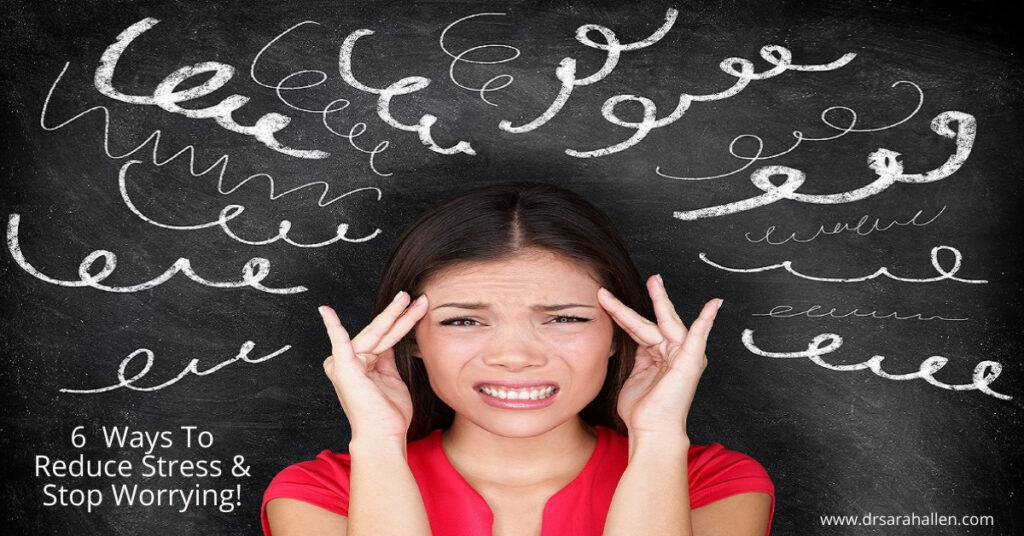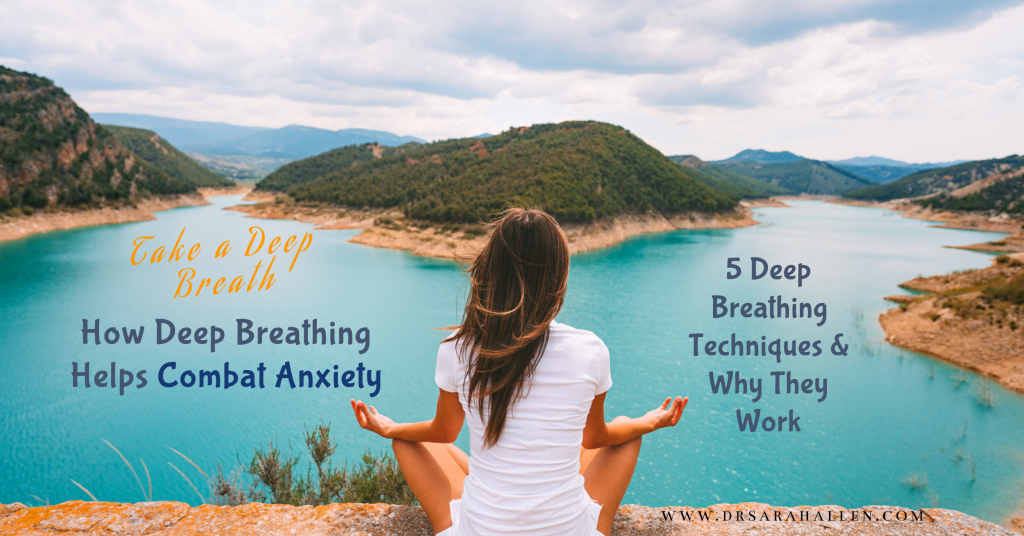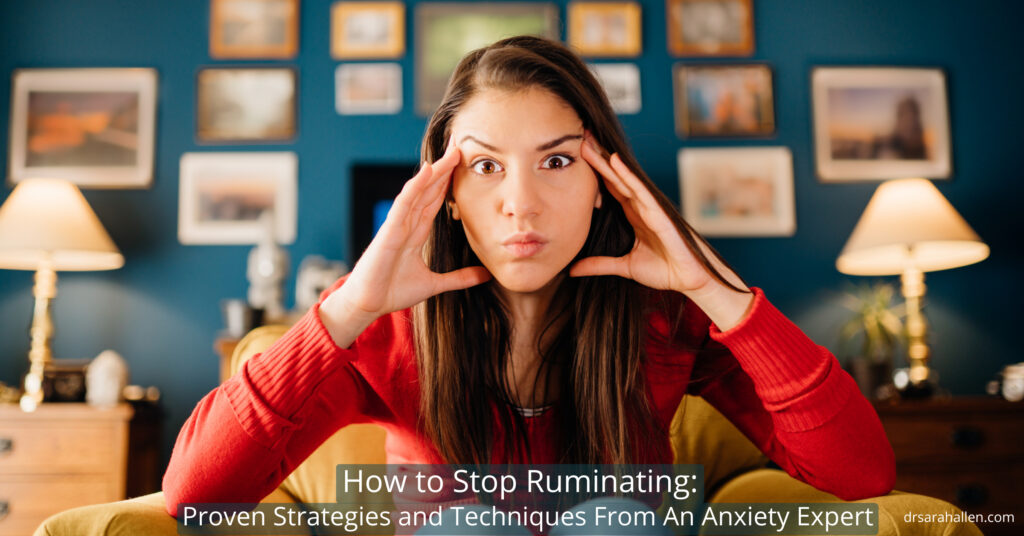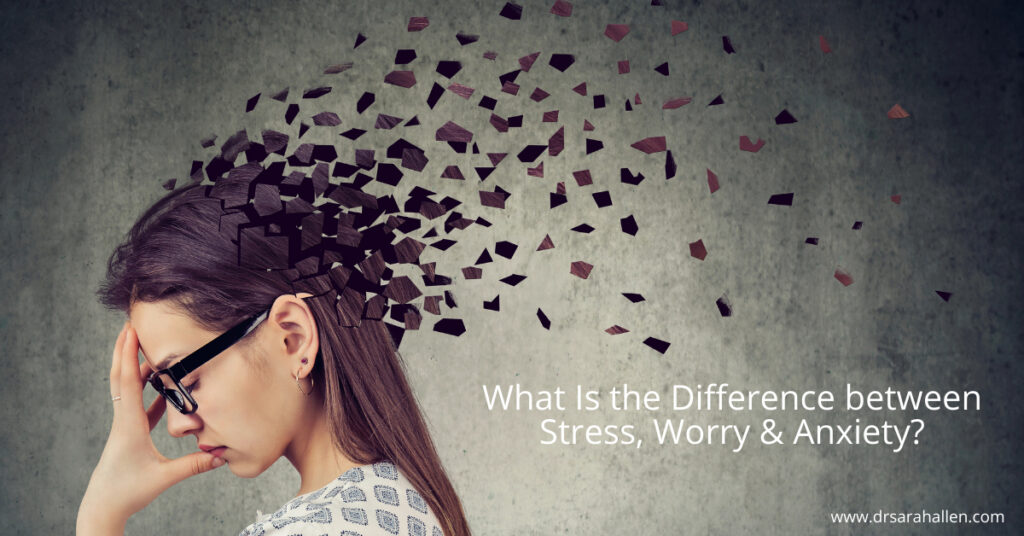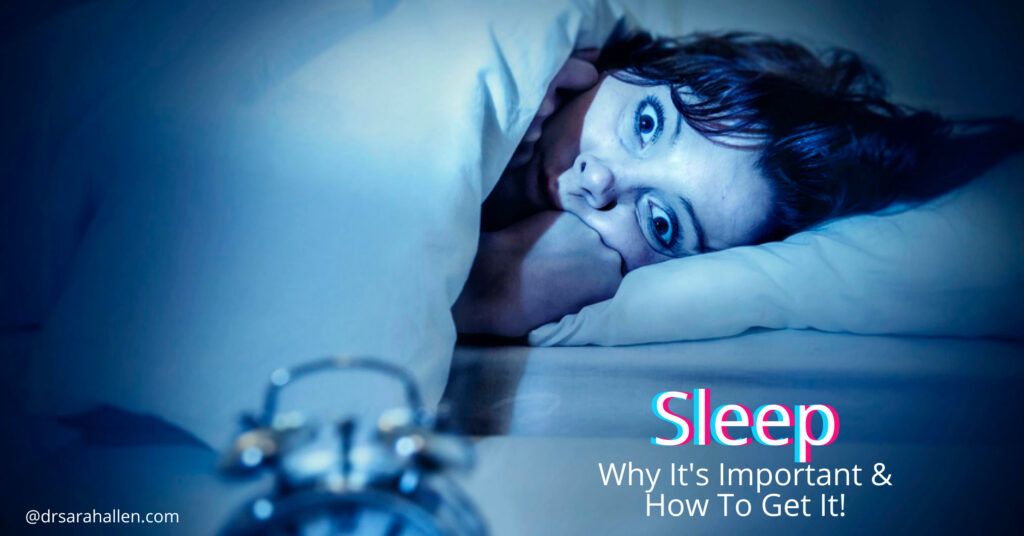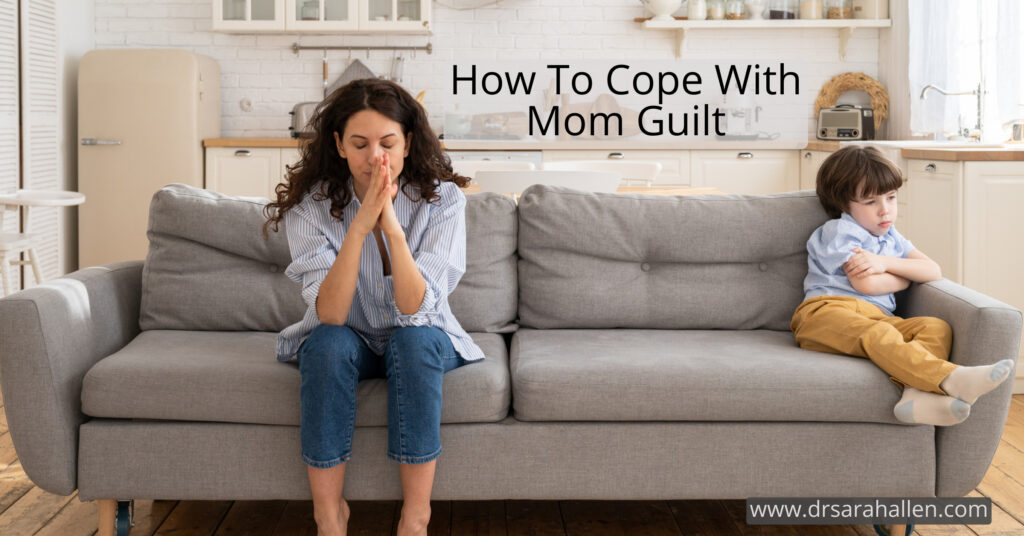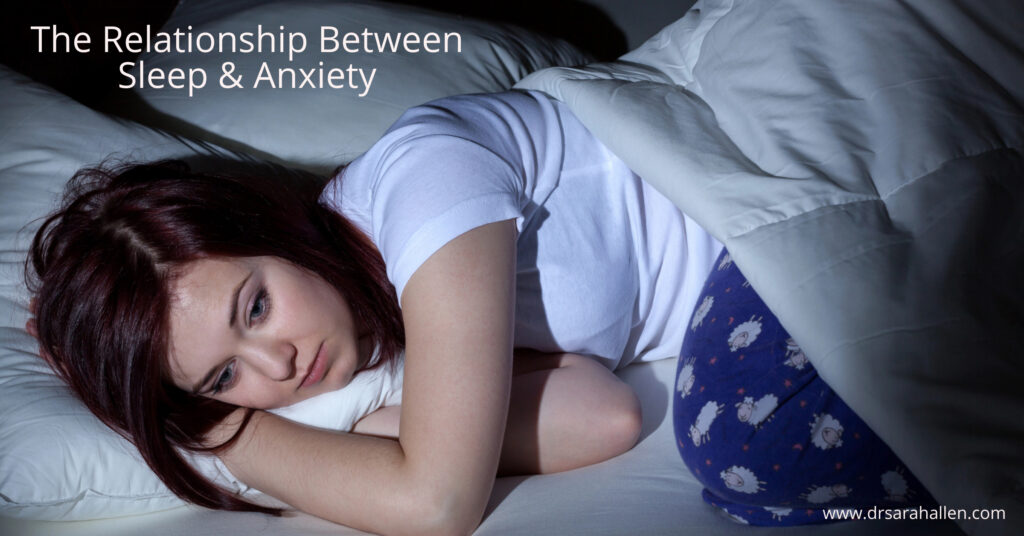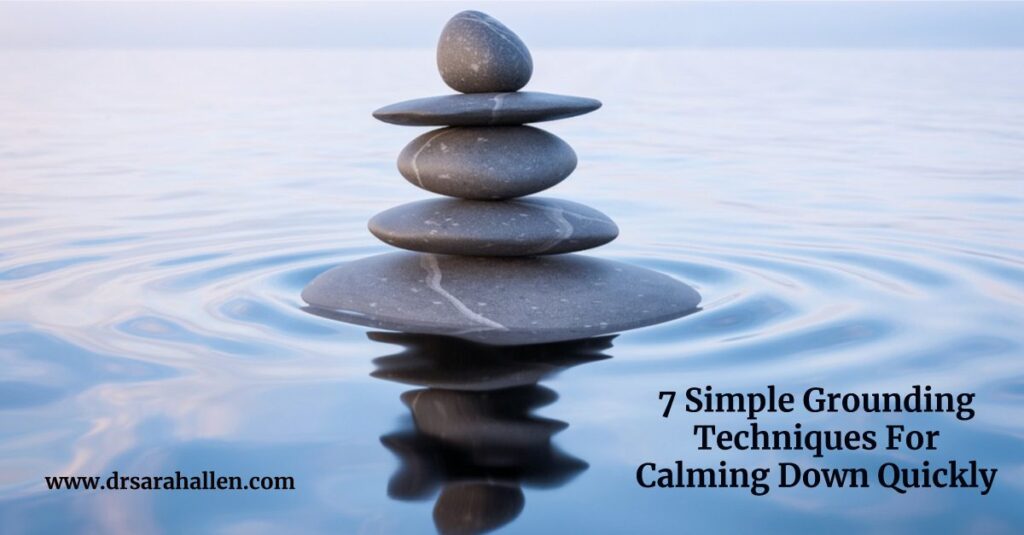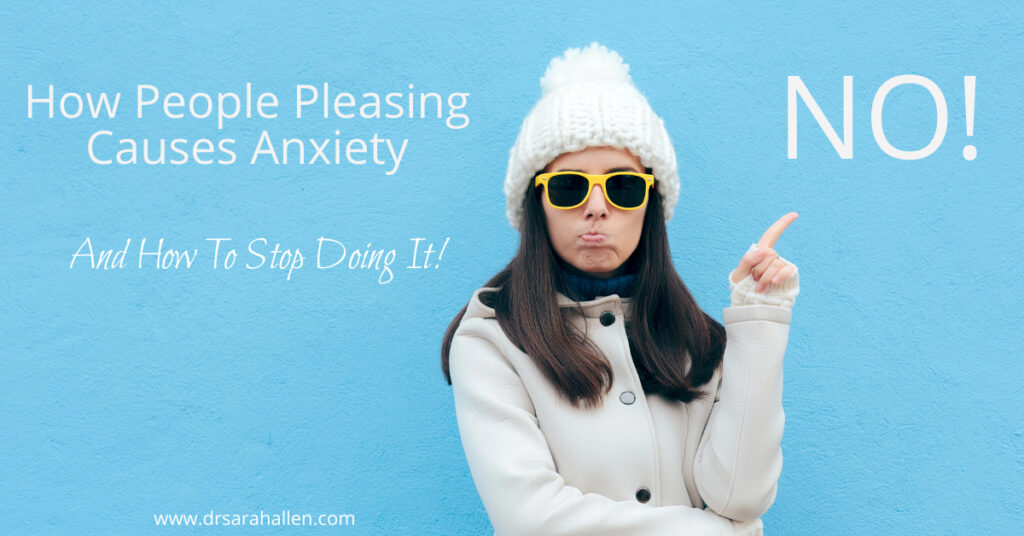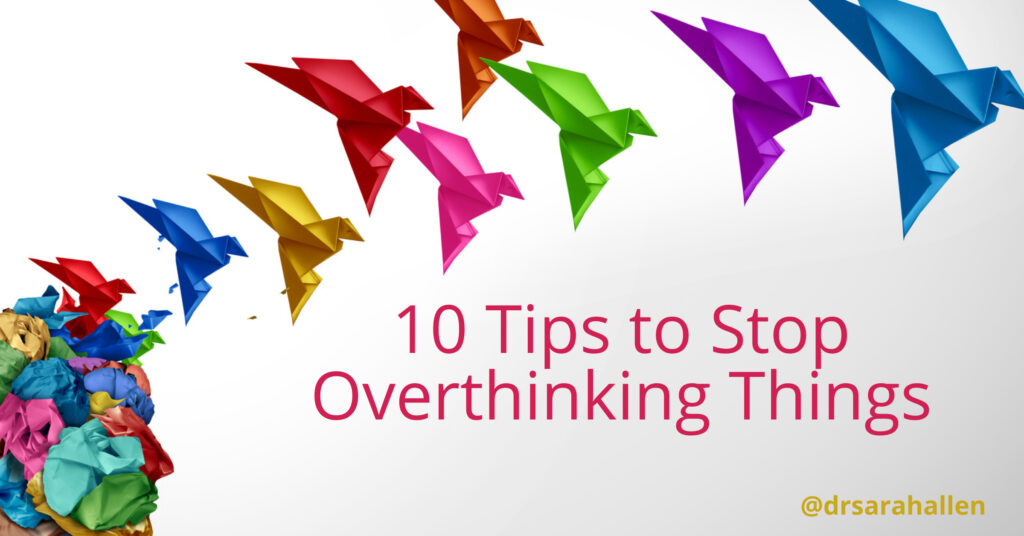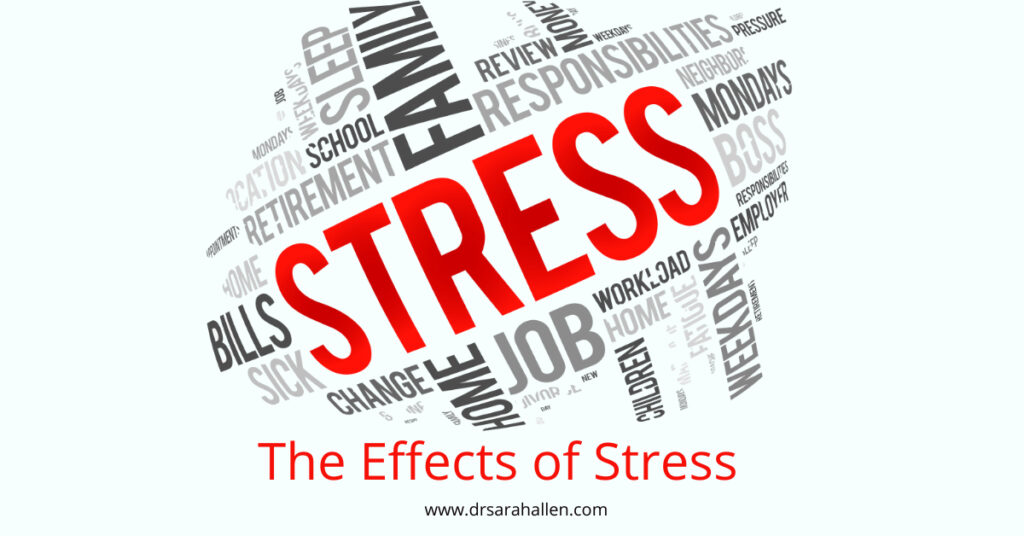
I Destroyed Plates, a Printer, and Sharp Objects at a Rage Room to Try and De-Stress!
I opend up my emails and saw that I received an email from journalist Sam Gutierrez who was writing a piece for the Oprah Magazine. I had seen Oprah’s shows, I had even been invited to be in the audience for her show on Postpartum Depression, and I was very excited about being asked to do an interview for an article in her magazine! The article was about dealing with stress by visiting a rage room and Sam wanted my opinion about whether they are helpful or not in relieving stress. She very helpfully included a link to a NYTimes article about rage rooms (which I appreciated as I had never heard of rage rooms before). Even though I was new to the concept of rage rooms, I have over two decades of clinical experience helping people develop coping skills to manage stress and anger, so I replied I would be happy to be interviewed and then I quickly read the NYTimes piece!
You can read the whole Oprah Magazine article online by clicking the link at the end of this article.
Below are the specific paragraphs extracted from the article that I was quoted in so you can see my opinion about rage rooms for stress:
“Truthfully, I was skeptical to give a rage room a shot. Sure, I may have been a psych major and do advocate for going to therapy, but could this really help people feel better? For that answer, I talked to experts Dr. Sarah Allen and Dr. Deborah Offner—who both had their reservations as well.
Allen and Offner agreed that exercise can often help reduce stress by getting rid of pent up energy, boosting endorphin production, and distracting you from whatever the problem might be. “It’s actually not good for us to be in that constant state [of stress], so anything that is going to make us feel less stressed is going to be good for us. And having a safe release of that pent up energy, if that’s in a rage room, I guess that might be helpful for some people,” said Allen. “But pumping out the effects of your stress can only take you so far,” she added, “Stress can be an important signal to us that something is wrong or needs our attention.”
What I learned? Yes, fun activities like heading to a rage room can treat surface symptoms, but our overall stress comes from many underlying factors that can’t be solely addressed by batting at intimate objects. “If this is something where you’re chronically stressed, I really think you need to explore why you’re feeling stressed, or angry, or frustrated, and then look into making changes in your lifestyle, or maybe your relationships, that prevent those feelings or help you problem-solve those feelings,” said Allen. In other words, rage rooms are not a substitute for therapy.
Additionally, Allen pointed out that certain populations like teens or people who have difficulty managing their anger should definitely avoid rage rooms given that hitting, yelling, and throwing things may simply reinforce negative behavior. “You’re training yourself that, if you yell and hit you might feel better, but is that a good life skill? Because then you’re associating anger with aggression, even in that controlled situation, rather than finding solutions to avoid the problems about which you’re angry in the first place,” she noted.”
I don’t regret my time at The Wrecking Club, in fact, I seriously enjoyed it. To be in a place where breaking things (including social norms) is not only accepted, but encouraged, was thrilling and something I could see myself doing again. Even if just for a few hours, the experience did distract me from all of my problems. But as both Allen and Offner pointed out, the relief was only temporary. I’m not so sure I’ll be trading in my therapist for a baseball bat any time soon.”
Better Ways To Manage Stress & Anger
The Oprah Magazine Rage Room article is very interesting but as I mentioned in the interview, I don’t think going to a rage room is more than a very temporary way to deal with stress and not for everyone, so I thought it would be a good idea to discuss some strategies here that I think are more useful in managing stress and anger.
Stress and anger have a lot in common because both are emotions that are ramped up by an adrenaline response in our bodies. You have probably heard of the fight or flight response. When we are in a stressful situation our body gears us up for action by pumping adrenaline. Your heart beats fast, your body tenses up, your thoughts race and you have a lot of energy enabling you to run away or fight. The physical effects that adrenaline has within our bodies are the same, but the psychological factors such as the emotions and type of thoughts that are triggered within a situation, are typically labeled by our brain as feelings of stress/anxiety or anger.
There are both in-the-moment and long-term stress management strategies, depending on what you are facing.
Short-term Techniques For When You Are Feeling Very Stressed or Angry
In the short-term, deep breathing and other physically based strategies really help you calm down quickly when you are in the middle of an adrenaline attack. The way to counteract adrenaline is to engage our parasympathetic nervous system by deep breathing or other grounding techniques.
Grounding basically means to bring your focus to what is happening to you physically, either in your body or in your surroundings, instead of being trapped by the thoughts in your mind that are causing you to feel anxious.
Deep breathing triggers the stimulation of the vagus nerve—a nerve running from the base of the brain to the abdomen – which emits a neurotransmitter (acetylcholine) that dampens our nervous system, lowering heart rate, relaxes tense muscles and most importantly, stops your thoughts from racing so you can think straight. My popular post below explains what happens in the brain as well as deep breathing, distraction and ‘get that energy out” strategies to calm you down quickly.
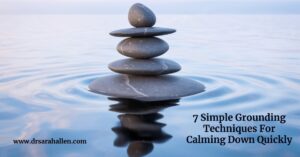
Often we get really stressed about things that have happened in the past, or are so far in the future that they are imagined problems and probably won’t even happen. Once you have calmed down the adrenaline and stopped your thoughts racing, bringing yourself to the present moment and asking yourself if you can personally do anything to address the issue you are worrying about is very helpful. Read more in 7 Simple Grounding Techniques For Calming Down Quickly
I talk about this in a lot more depth in the Cognitive Behavioral Therapy (CBT) strategies section below but in that moment of stress or anxiety ask yourself these 2 questions:
1. Is this something that is happening right here, right now? (Not in the past or in the future).
2. Is it in my control to do something about this problem?
If the issue is actually happening now or in the near future, then it is good to problem-solve what options you have to deal with the problem. I call this “Active Worrying” and you can take steps to fix the problem or even actively decide not to do anything. If it outside of your control, realize you can’t actually do anything and let the worry go. Distraction and acceptance are helpful strategies in that scenario.
Chronic Stress Coping Strategies
When your stressors (which can be either situations or people in your life) are chronic it can really take a toll on your health, your overall mood and your relationships and this is when you need more long-term stress management strategies.
Physical Self-Care
By prioritizing eating healthily (most of the time), increasing physical activity and getting enough sleep, we can really support long term stress management.

When we eat a high sugar or refined carbohydrate diet it can cause blood sugar spikes which in turn can lead to anxiety for some people. If you are tired from not getting enough sleep and then drink lots of caffeine to keep going, you set yourself up for stress. We are also more likely to reach for unhealthy food choices when we eat for comfort. Working on alternative strategies for managing stress, rather than emotional eating, and prioritizing our time so we have time to shop and cook balanced meals are good long-term strategies. Read more in Overcoming Emotional Eating.

A good night’s sleep helps us think more clearly, be more productive and manage our mood better, especially our reactive emotions. According to the National Sleep Foundation (NSF) the “walking tired” anger more easily, have problematic relationships and are less likely than those who sleep well to exercise, eat healthfully, have sex and engage in fun leisure activities; all because they are too tired. Read more in How To Manage Anxiety At Night
Increasing physical activity is also a great stress management tool. This doesn’t necessarily mean that you should sign up for a gym membership that you might never use. Exercise can be anything that moves your body and is much better for you if you enjoy what you are doing be it a walk, dancing around your bedroom to YouTube videos or stretching before bed. Getting out the adrenaline energy that chronic stress produces helps our body relax and also produces feel-good neurochemicals such as endorphins and serotonin that improve our overall mood.
Emotional Self-Care
One really easy way to cut down on stress and irritation is to cut out the negative and increase the positive in your life. This could mean spending less time with people who drain your energy or cut out activities that affect you negatively, like watching the news before bed or being so connected to your phone or other devices that you constantly have information or demands coming at you.
On the flip side, the easiest and most enjoyable way to manage your stress is to increase the amount of time you spend doing positive activities. Negative emotions sap our energy and it is hard to get the motivation to get going with anything apart from the things that must be done. One of the most important ways to improve your mood is to take the view that life isn’t something to just get through, it is something to enjoy!
Cognitive Behavioral Therapy (CBT) Coping Strategies
Sometimes we are not able to change the situation/person/event that is triggering us, but we can change the way we are thinking about it and the way we respond.
When we are anxious or angry, our thoughts tend to veer to the negative and we are very good at looking for evidence that supports negative thinking, while tuning out information that shows neutral or positive information.
The first step towards change is noticing what you saying to yourself. Our thoughts affect our emotions and then ultimately our behavior.

What we think = how we feel = how we behave.
If you can notice when you are getting triggered, remove yourself physically from the situation (or at least mentally if you can’t actually leave) and then do a breathing technique to calm the adrenaline. When your thoughts aren’t racing as much, you can consider alternate ways of thinking about things.
If you can notice when you are getting triggered, remove yourself physically from the situation (or at least mentally if you can’t actually leave) and then do a breathing technique to calm the adrenaline. When your thoughts aren’t racing as much, you can consider alternate ways of thinking about things.
The Number 1 Question That Helps Reduce Stress & Worrying explains ways to think about what you can control and what you can’t. Are you stressed by something that is happening now in the present, is in the past or has it not actually happened yet? These tips can be read or watched via a YouTube video.
- I think it is important to question yourself about what it is specifically about this situation that is making you feel angry or stressed?
- How you have tackled similar situations in the past?
- Do you keep doing the same unhelpful thing again and again?
- Is there a different way you have reacted in the past that has worked better for you or perhaps some advice you would give someone else in a similar situation?

Look to the past to find answers about how you can problem solve or affect change. Another good questions to ask yourself is “am I kinder in the way I talk to someone else in a similar situation, than I am to myself? Thoughts can also be called ‘self-talk’ and how we speak to ourselves really affects how we feel. Self-talk is so automatic that you don’t even realize that you’re doing it and how hard you are being on yourself.
If you would like to read an in-depth article about Cognitive Behaviour Therapy (CBT), how and why it works and all the types of issues it helps, please read What Is CBT?.
You can read the whole Oprah Magazine article online by clicking this link – Oprah Magazine

If you have any questions, or would like to set up an appointment to work with me and learn how to reduce anxiety, please contact me at 847 791-7722 or on the form below.
If you would like to read more about me and my areas of specialty, please visit Dr. Sarah Allen Bio. Dr. Allen’s professional license only allows her to work with clients who live in IL & FL & the UK and unfortunately does not allow her to give personalized advice via email to people who are not her clients.

What Can I Read That Helps Me While I Am Waiting For My First Appointment With Sarah?
Download this free report to gain valuable insights and practical strategies for managing anxiety and worrying.








